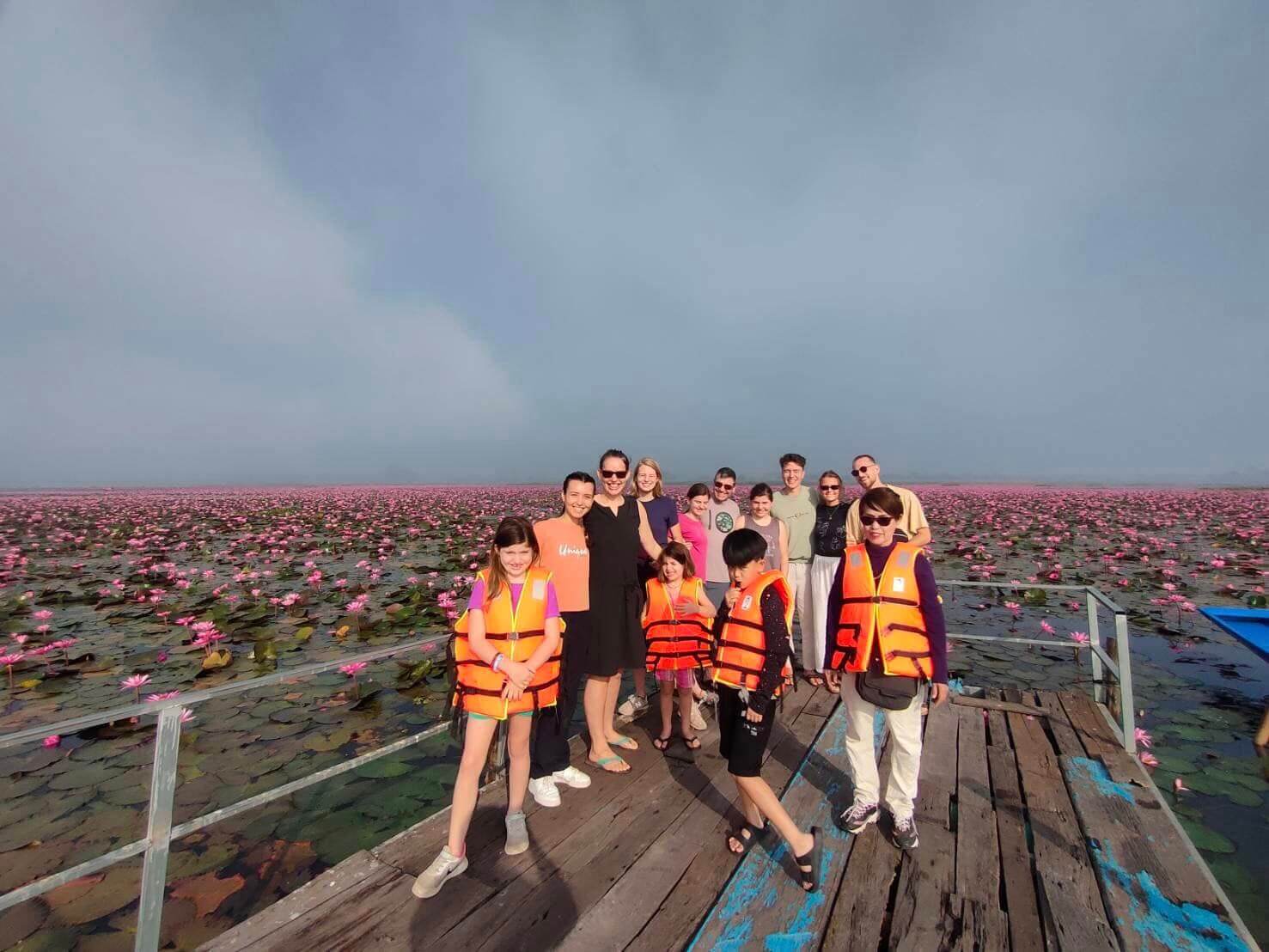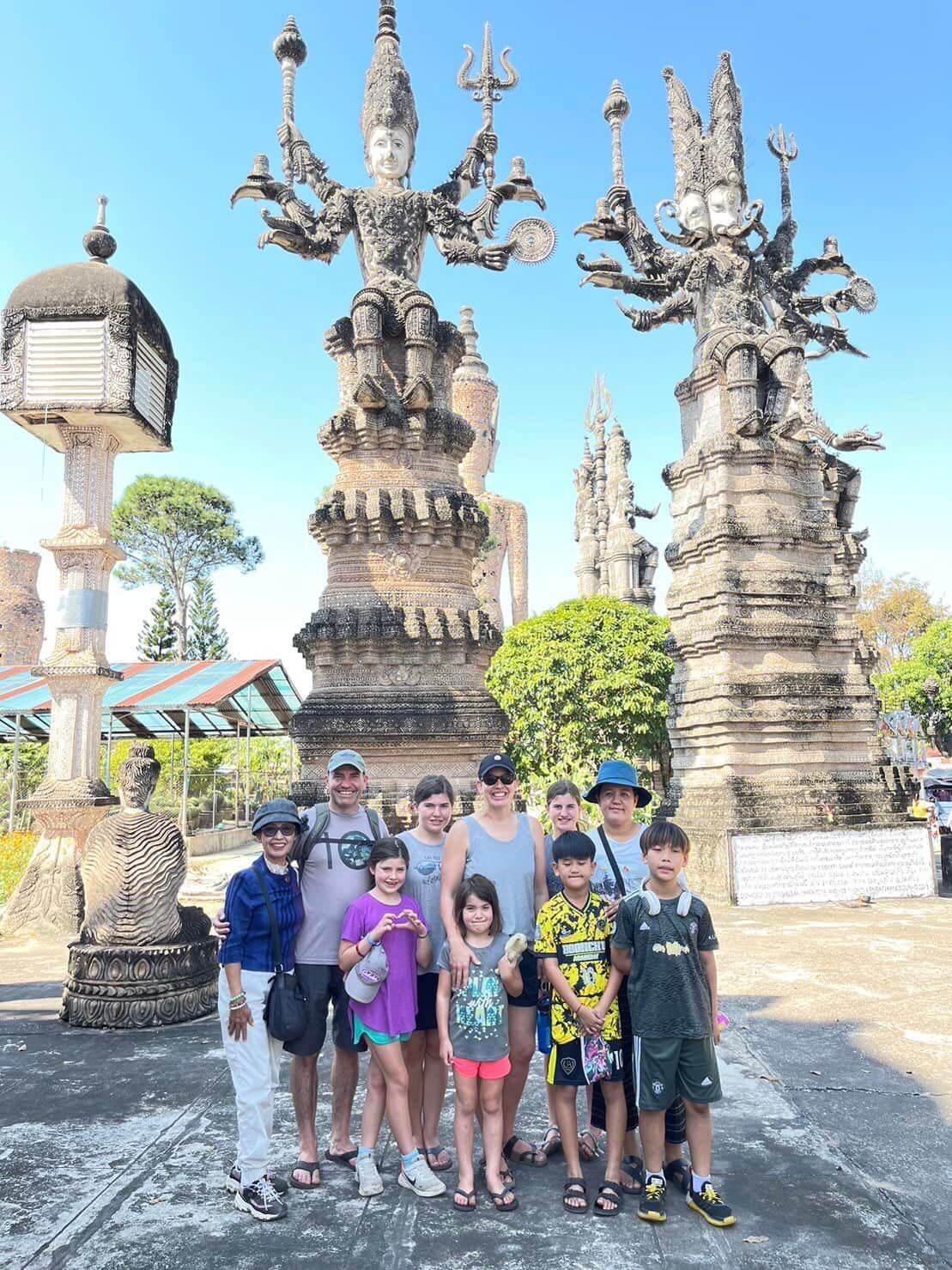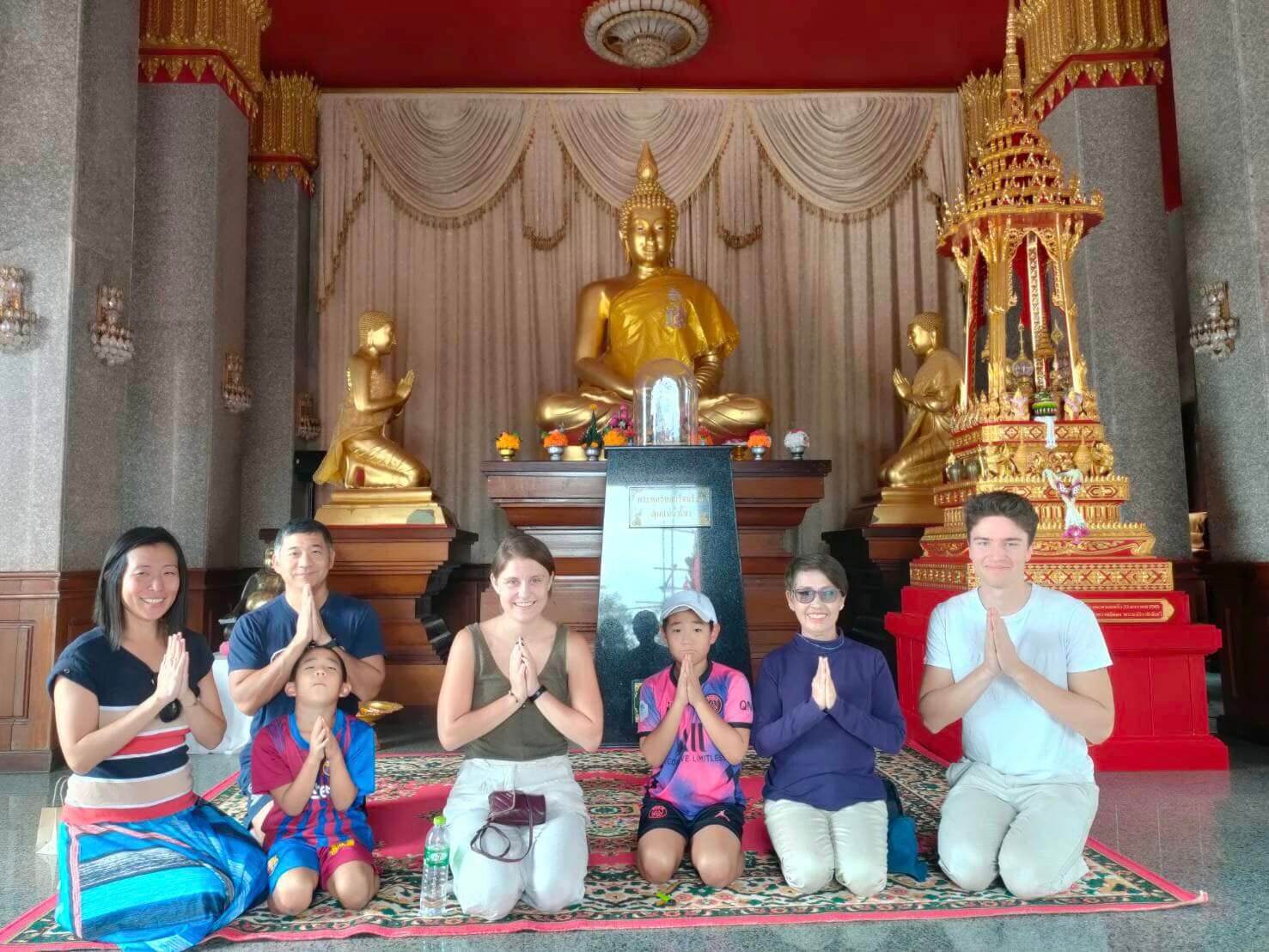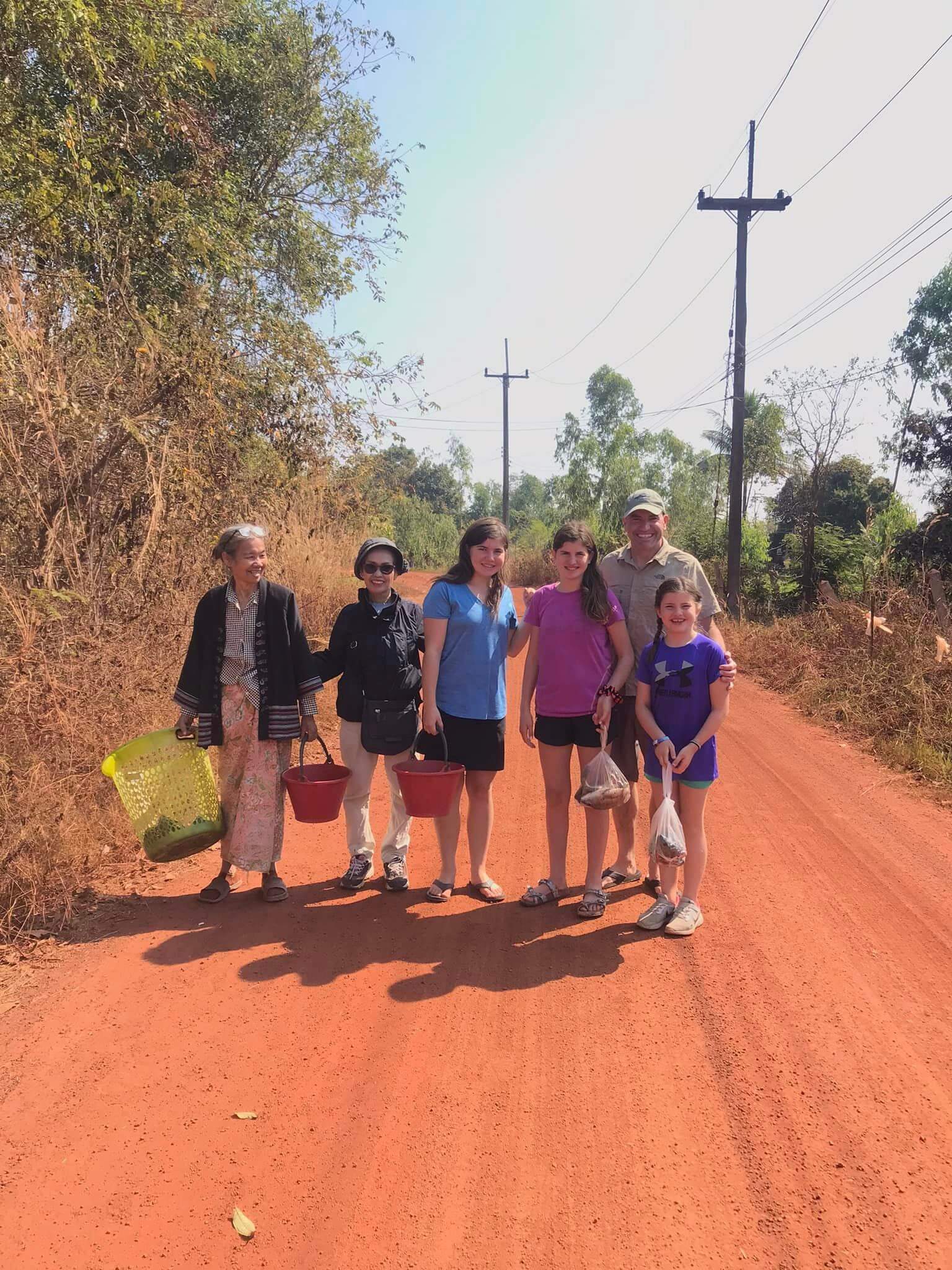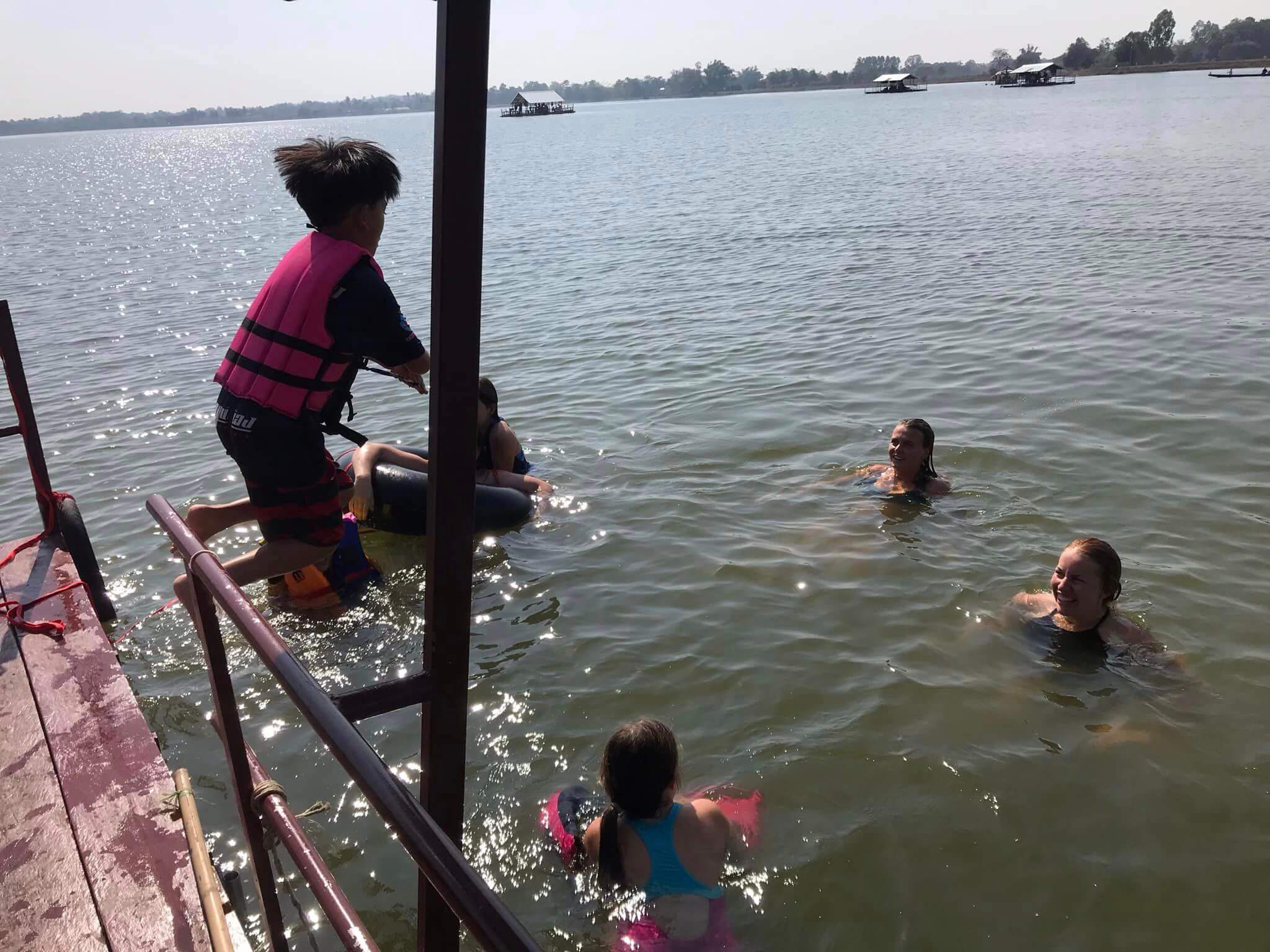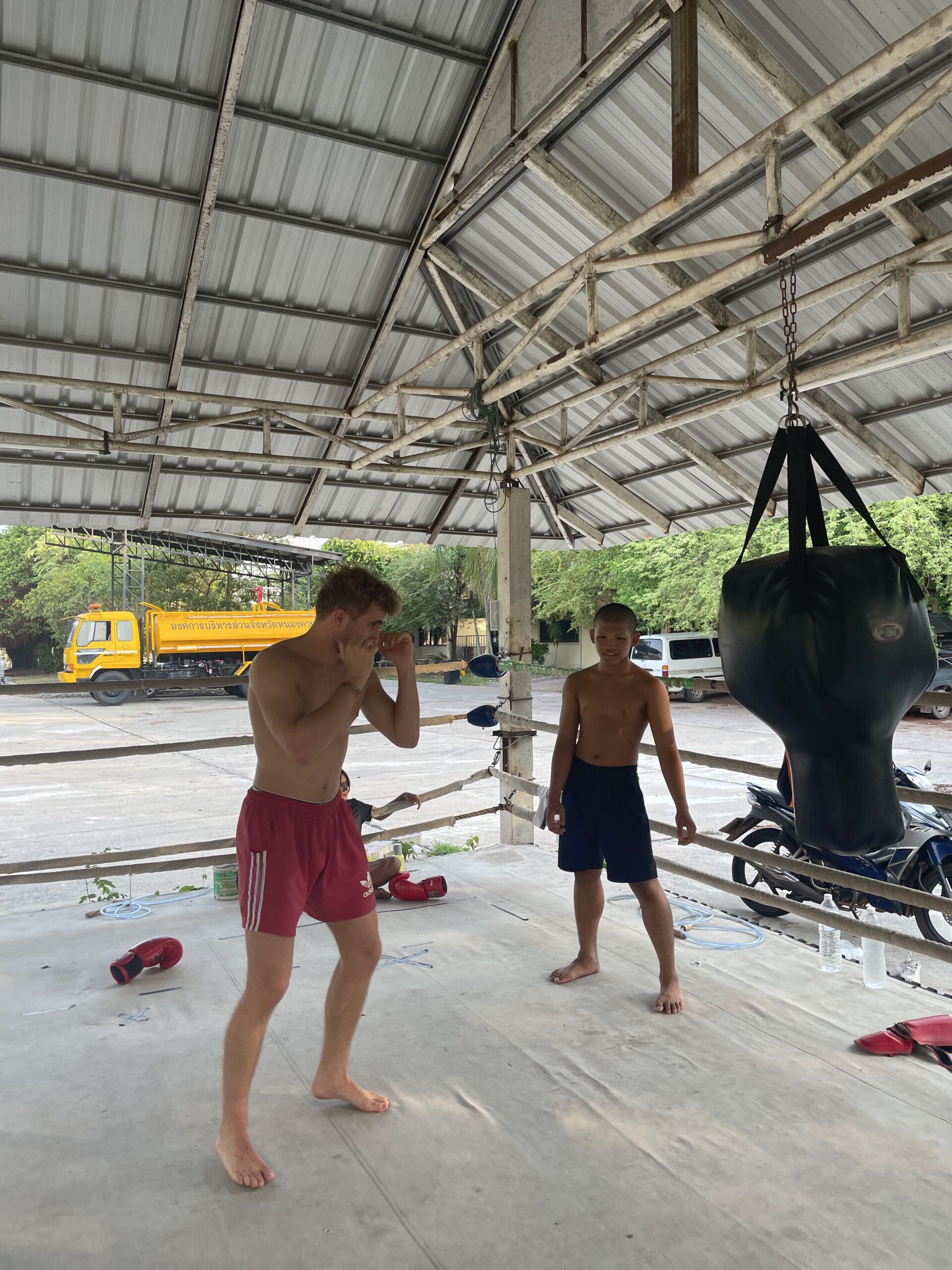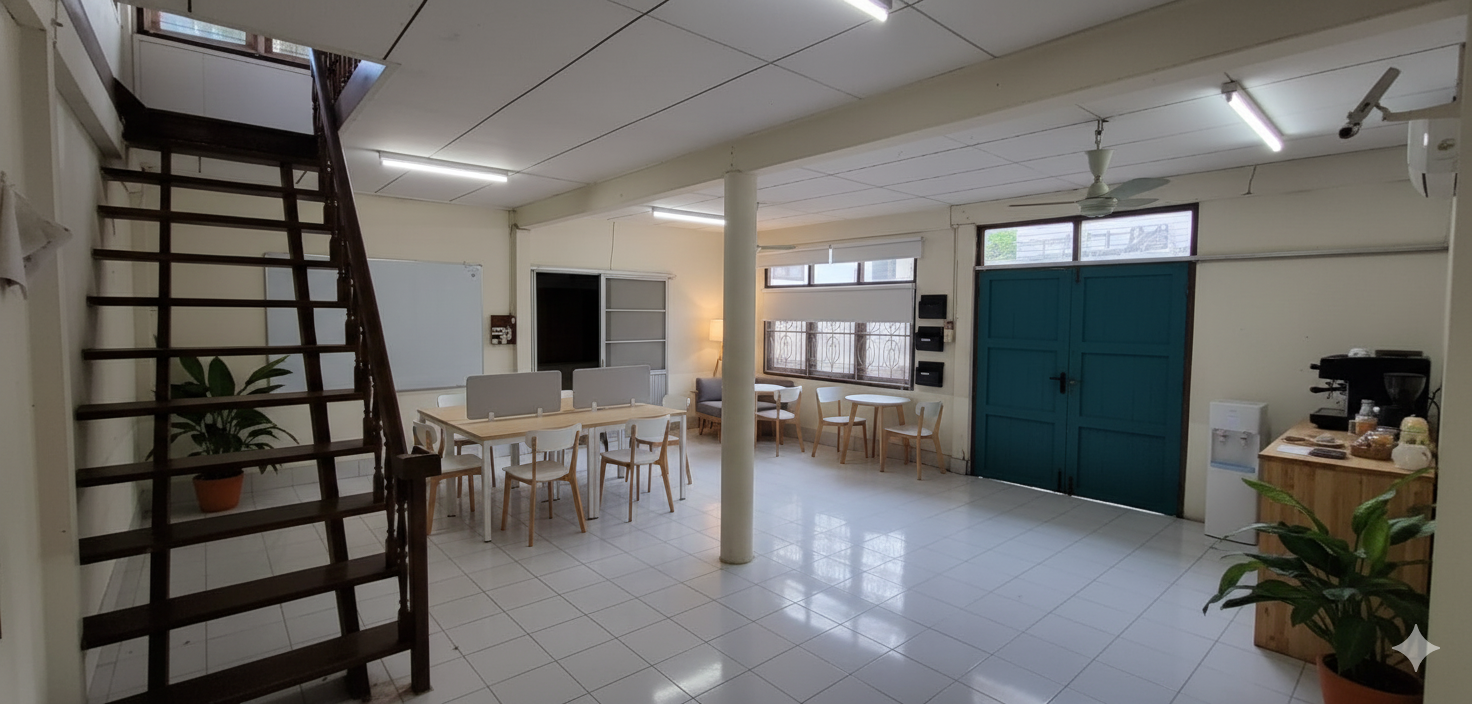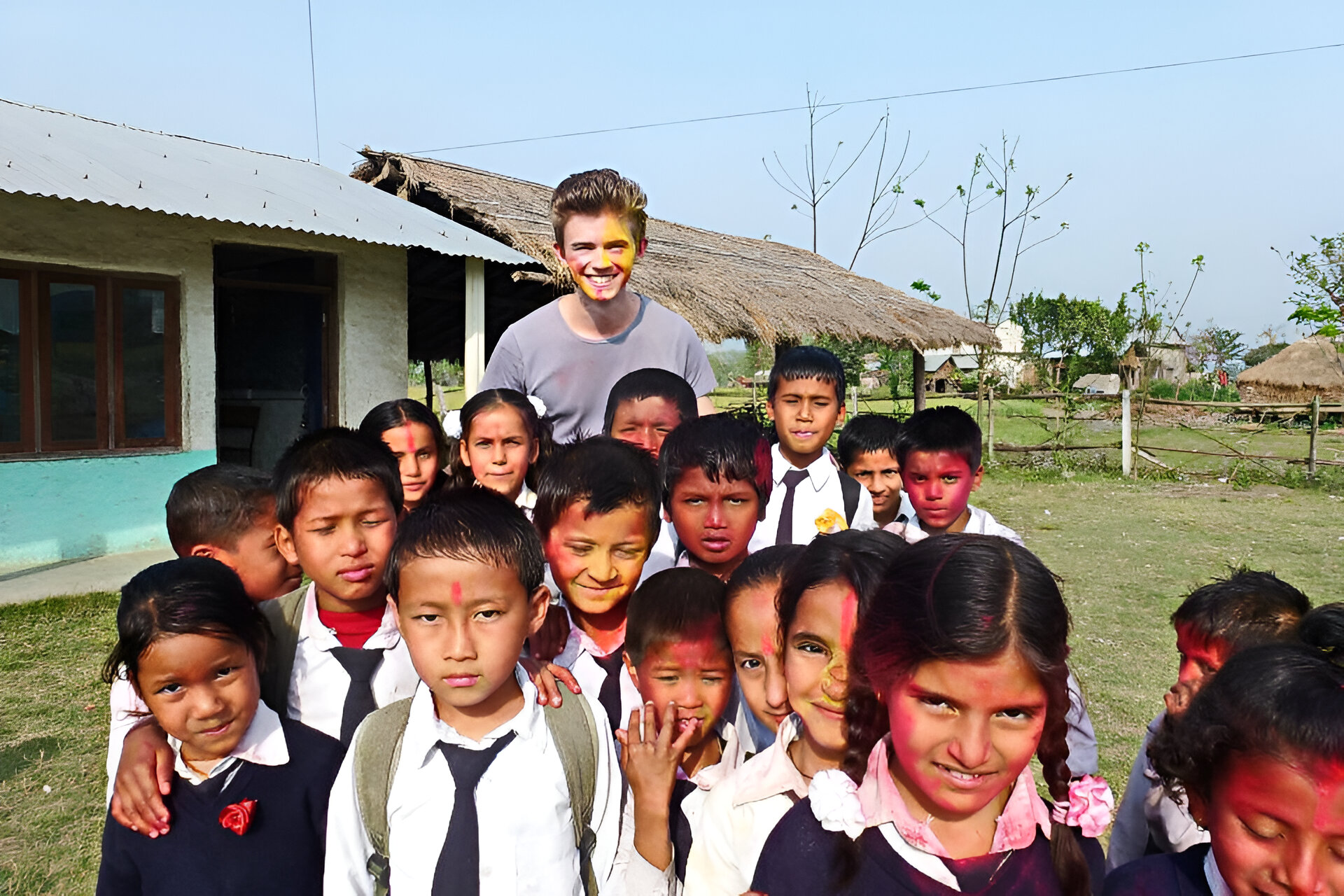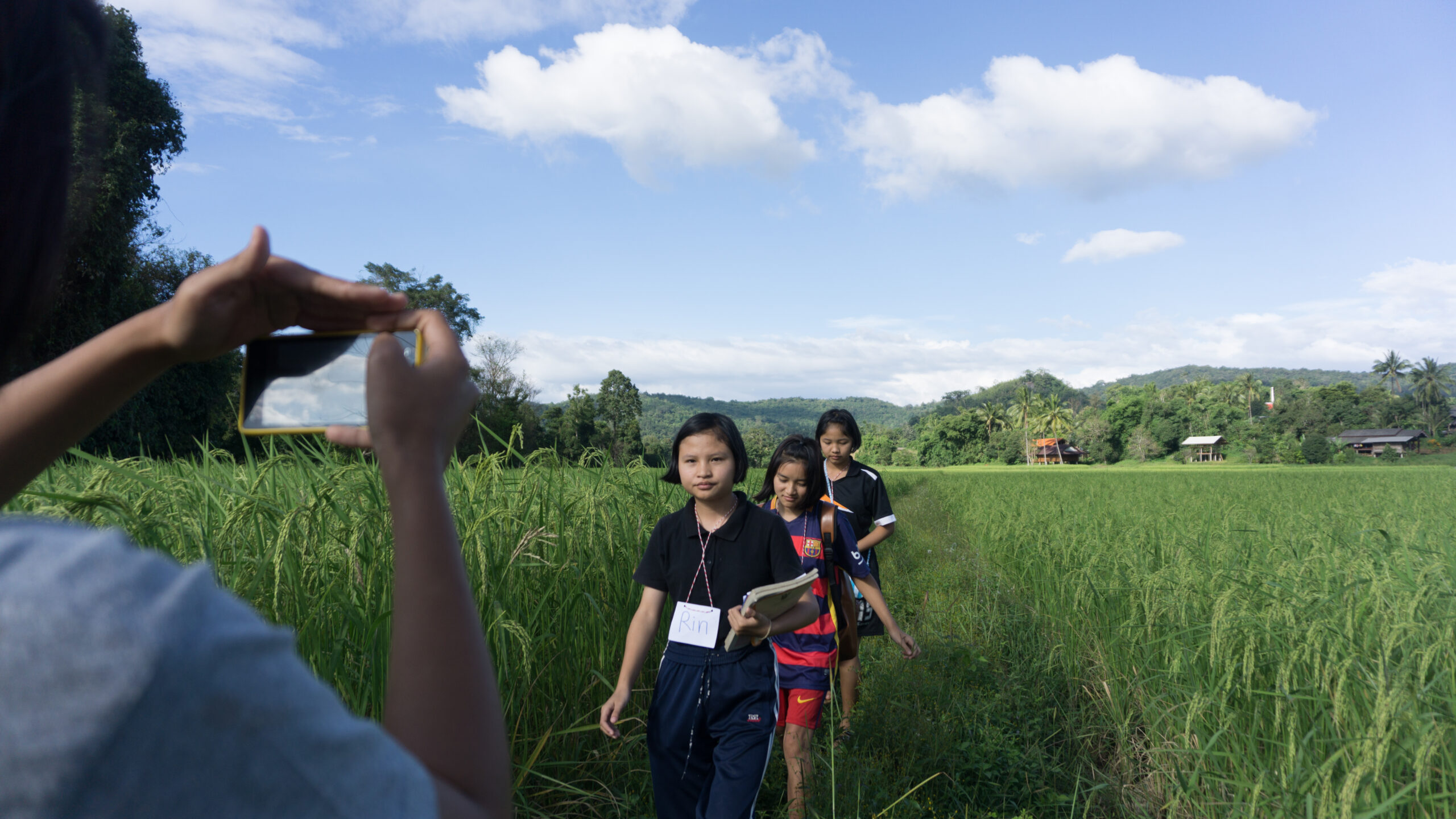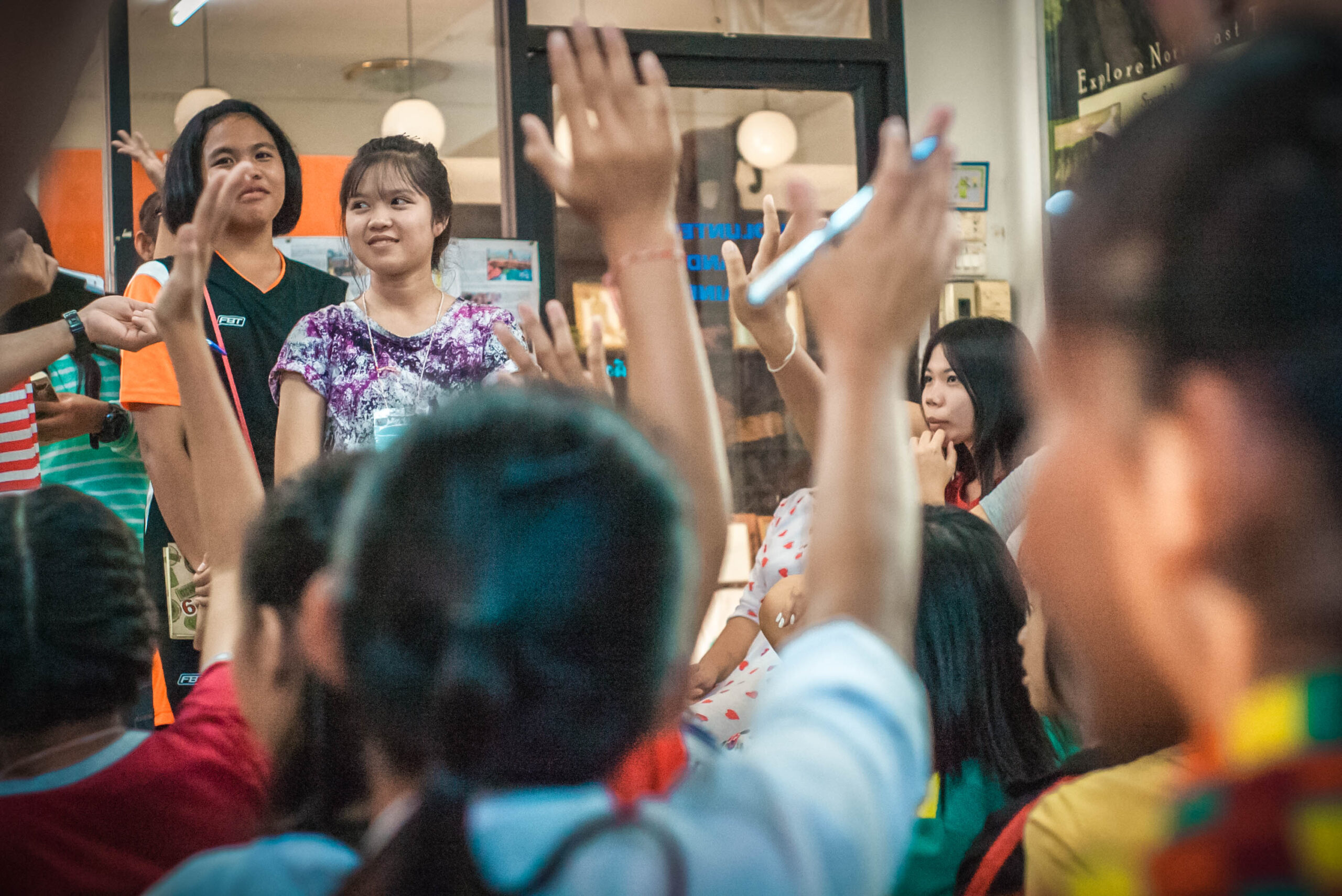Are you ready for an adventure that will transform your life and the lives of others?
According to the latest EF English Proficiency Index (EF EPI), which ranks countries worldwide based on their English proficiency, Thailand ranked 57th out of 100 countries in 2022. This places Thailand in the "Low Proficiency" category for English language skills.
This ranking reflects the challenges Thailand faces in improving the English language proficiency of its population, which is crucial for enhancing economic competitiveness and global communication.
Volunteering in Thailand with OpenmindProjects is an extraordinary opportunity to immerse yourself in a vibrant culture, contribute to meaningful projects, and create lasting memories.
Why Choose Thailand for Your Volunteer Journey?
- A Tapestry of Experiences: From teaching English to protecting marine life, Thailand offers a diverse range of volunteer opportunities to ignite your passion and utilize your unique skills.
- Cultural Immersion: Delve into Thailand's rich heritage, where ancient traditions blend seamlessly with modern life. Experience colorful festivals, explore majestic temples, and savor the flavors of authentic Thai cuisine.
- Nature's Paradise: Lose yourself in the beauty of Thailand's diverse landscapes. Hike through lush mountains, kayak on tranquil rivers, or snorkel in crystal-clear waters.
- The Warmth of Thai Hospitality: Embrace the genuine warmth and kindness of the Thai people. Forge meaningful connections with local communities and create lifelong friendships.
- Affordable Adventure: Experience the magic of Thailand without breaking the bank. The affordable cost of living allows you to make the most of your volunteer journey.
- Personal Growth and Transformation: Step outside your comfort zone, expand your horizons, and discover new strengths within yourself. Volunteering in Thailand is a journey of self-discovery and personal growth.
- Make a Lasting Impact: Contribute to projects that make a real difference in the lives of individuals and communities. Whether you're supporting education, promoting conservation, or empowering marginalized groups, your efforts will leave a positive mark on Thailand.

